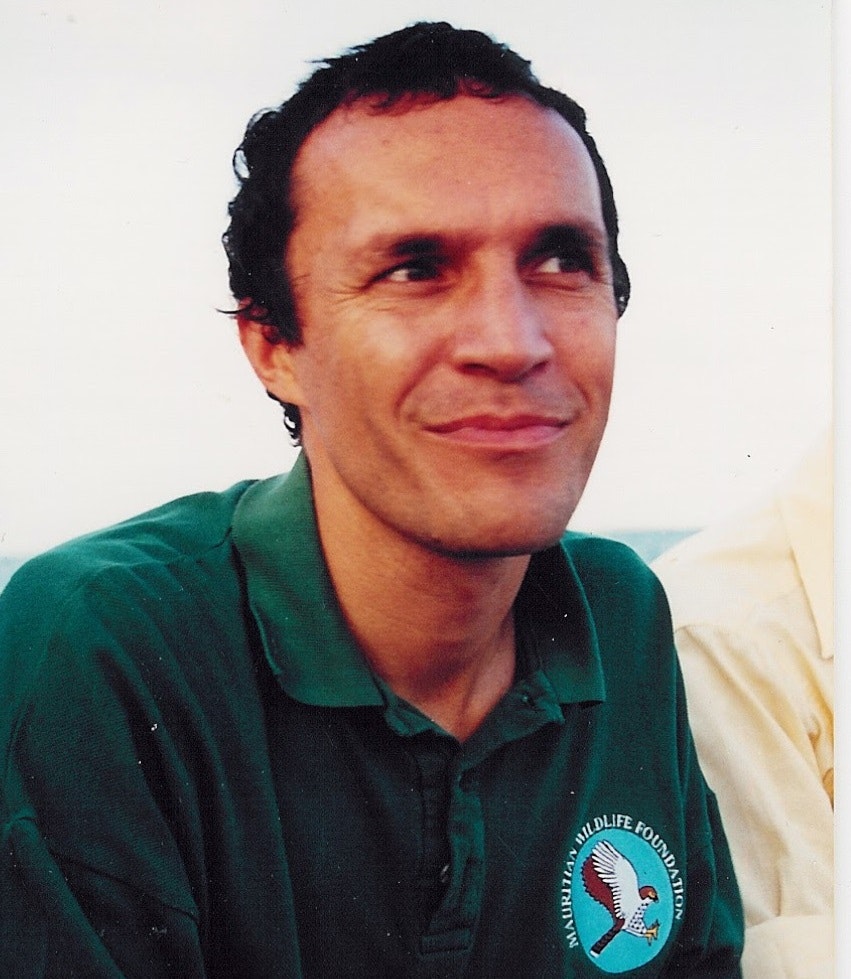Community restoration of the endangered native forests of Rodrigues, Mauritius
In 1708, Francois Leguat described the then uninhabited island of Rodrigues, near Mauritius, as a paradise whose ‘springs never ran dry’. Less than 200 years later, Balfour referred to Rodrigues as ‘a dry and comparatively barren spot, clothed with weeds’. Only three of 17 endemic vertebrates now survive and no areas of full canopy native forest remain. All but two of the 37 surviving endemic plant species are threatened to some extent. Despite this, due to its extraordinarily high level of unique flora and fauna, Rodrigues is part of the Madagascan biodiversity hotspot. It has the third most endangered flora of all oceanic islands.
Rodriguans depend on endemic plants for botanical medicines and a large woman-centred basket-weaving industry. Water shortage blocks economic development, where 33% of households are classified as poor and 11% are very poor. Deforestation was the initial cause and subsequent planting of water-hungry, fast-growing forestry trees has exacerbated the problem.
John Mauremootoo is a passionately dedicated conservationist who strongly believes that sound science is essential to ensure appropriate conservation methods and that without community involvement, conservation will not work. After working for some years in the academic world in the UK and Mauritius, he is now the Plant Conservation Manager for the Mauritian Wildlife Foundation. He says that in Rodrigues, “People no longer feel that conservation is irrelevant to them. The idea of using native forests to restore watersheds and protect fragile soils has a direct appeal to a community whose livelihoods are still largely dependent on the land. Conservation in Rodrigues is moving out from nature reserves into people’s everyday lives.”
John is spearheading a community-led conservation effort to restore significant areas of sustainably managed native Rodriguan forest, enhance watershed areas and stabilise soil. By establishing plantations of useful endemic trees and plants, local communities will have a ready and sustainable supply of artisanal material. Pilot projects have proved successful and John is now rolling out the programme more widely across the island.
Eight new communities will restore watershed areas, stabilise eroding soils and re-establish significant areas of native forest. The project will develop a model for even larger scale restoration, and contribute to sustainable biodiversity conservation by increasing the numbers of endangered endemic plant species, reducing pressure on wild populations, and expanding native habitat for the three surviving endemic vertebrates. For more information contact John and his team.







